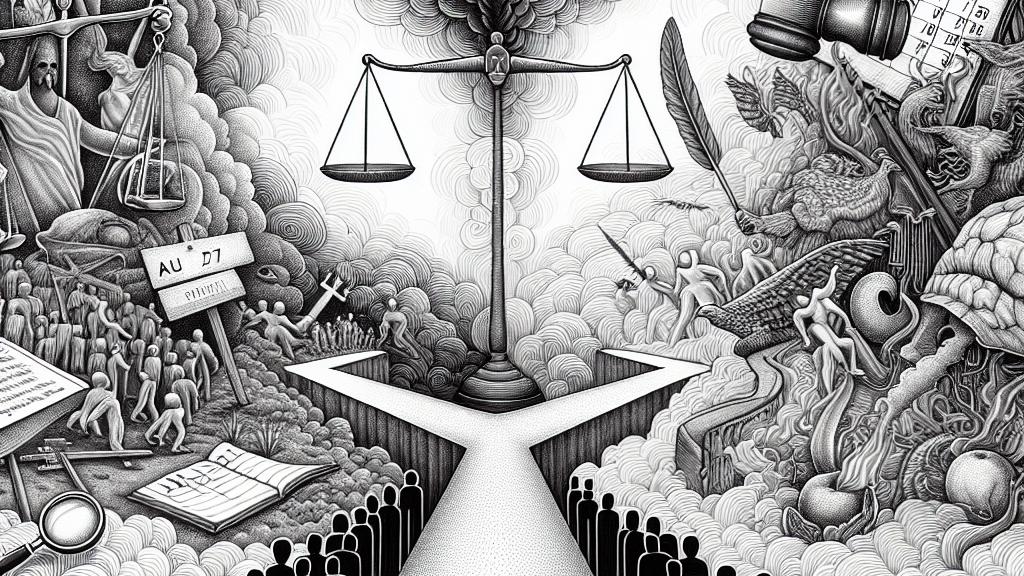Undeterred: Move Forward Party Fights for Survival as Court Decision Approaches!
Overview
- The Move Forward Party faces a critical court ruling on August 7 that may dissolve the party.
- Leaders emphasize their commitment to reform and the importance of public engagement in democracy.
- The outcome could reshape Thailand's political fabric and influence future elections.

Legal Challenges and the Future of the Move Forward Party
In Thailand, the Move Forward Party finds itself at a crossroads as the Constitutional Court prepares to rule on a case that could lead to its dissolution. This legal battle arises from allegations that the party violated electoral laws due to its attempts to reform the lese-majeste law, which currently protects the monarchy from criticism. The Election Commission's complaint highlights concerns regarding the party's intent to challenge longstanding norms that have historically kept the military and monarchy firmly in power. With this ruling expected on August 7, the stakes are incredibly high, as the outcome will determine whether the progressive voice of the Move Forward Party continues to resonate in the halls of power or is silenced entirely.
A Party's Resilience in Face of Adversity
Despite the impending court decision, the Move Forward Party is steadfast in its mission to champion progressive policies in Thailand. Spokesman Parit Wacharasindhu has assured the public that the party will not abandon its commitment to democratic reform, focusing on engaging citizens and advocating for their rights. With influential leaders like Chaithawat Tulathon and Pita Limjaroenrat set to address supporters, the party aims to rally public support and clarify its position regarding the allegations against it. This proactive approach underscores a resilient political culture among Thai voters hungry for change, showcasing their willingness to stand up against systems of power that seek to suppress democratic movements.
Broader Implications for Democracy and Governance in Thailand
The August 7 court ruling carries significant implications for the political future of Thailand. A decision to dissolve the Move Forward Party could embolden the military establishment and further entrench authoritarian practices, stifling political diversity and public discourse in the country. Such a scenario would be a setback for the many citizens who participated in recent elections, hoping to usher in an era of reform and governmental accountability. Conversely, if the ruling allows the party to continue, it could provide a critical boost to democratic movements and encourage more widespread engagement from the electorate. This situation serves as a crucial litmus test for Thailand's commitment to democratic recovery and the resilience of its young, reform-minded cohort, illustrating the tension between progress and preserving the status quo.

Loading...